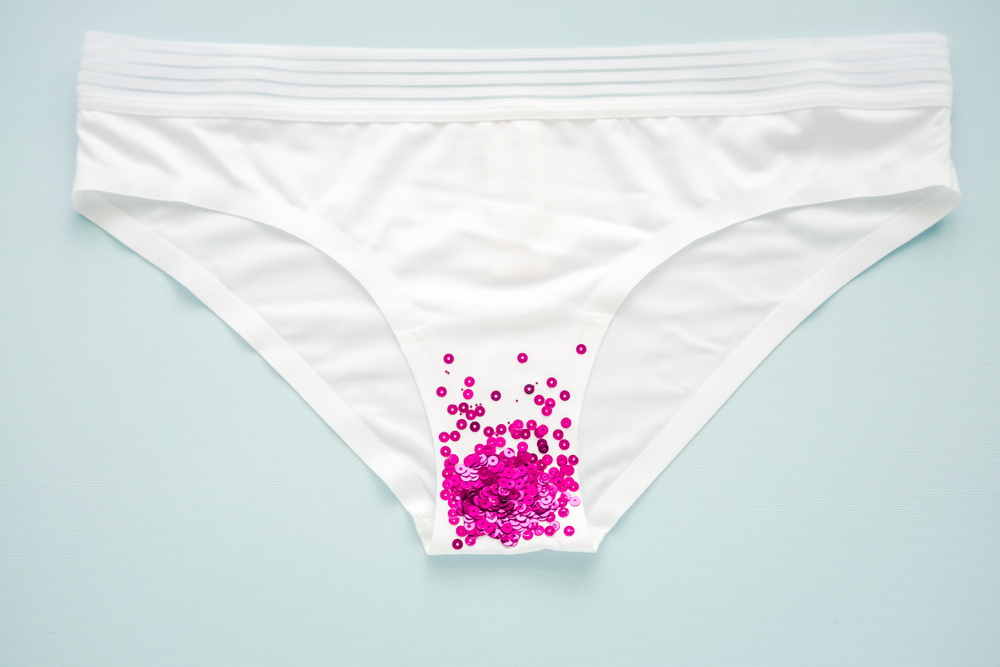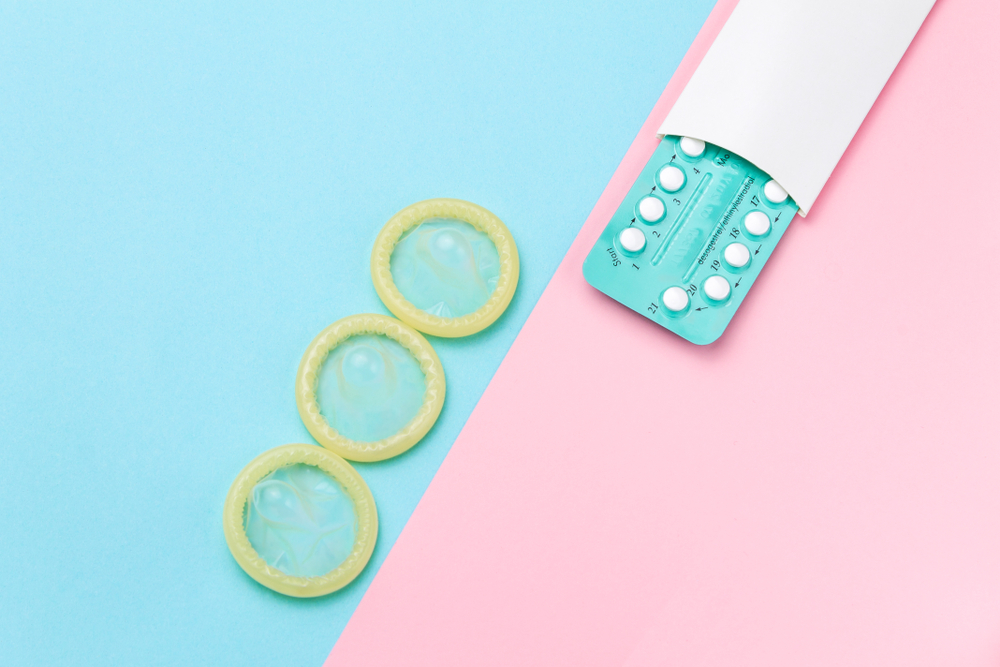Sex Video Virgin first time
Having sex for the first time: what you should know
There are probably lots of things going through your mind if you are thinking about having sex for the first time. You may be wondering if your body will change or whether it will hurt. Read on to find answers to some of the questions you may have about first-time sex.
What happens to your body when you have sex?
Your body will not display any telltale signs after you have sex for the first time. The only way anyone will know you’ve had sex is if you or somebody else tells them.
While having sex, you might breathe heavily and sweat, and your skin could become flushed. These changes are caused by the physical nature of sex. During sex, your vulva may also become swollen due to increased blood flow. After sex, your body will go back to normal, just like it would after exercise.
Most women are born with a hymen, which is a membrane in the vagina that can stretch or tear during exercise, first-time sex, or other activities. During your first time having sex, your hymen might stretch, and you may experience some bleeding if it ruptures. However, bleeding doesn’t always occur during first-time sex. Many people have already inadvertently broken their hymen before they ever have sex. If you’re worried about bleeding, lying down on a dark-colored towel or cloth can prevent stains.

Will it hurt?
Much of the anxiety surrounding having sex for the first time is centered on whether it will hurt. If you relax, feel comfortable, and pay attention to your body, there probably won’t be any pain. What you might feel is a bit of discomfort because this experience is new to you.
If you do feel pain, it is more than likely caused by friction. Friction during penetrative sex occurs when there isn’t enough vaginal lubrication to ease the entry of something entering your vagina. Engaging in plenty of foreplay can stimulate the vagina to become more lubricated.
Using lubricant can make intercourse more comfortable and enjoyable.
Will I have an orgasm?
When you and your partner are figuring out how to have sex for the first time, you might believe that it will be as magical as it is often depicted in the movies. However, it’s possible that your first time won’t be nearly as smooth or well choreographed.
For many people, their first time is an awkward and somewhat uncomfortable affair. On top of that, both of you might be nervous. Under circumstances like these, it can be difficult to achieve an orgasm. This is perfectly normal. In fact, sex without orgasm can be quite enjoyable and might be a good way for you and your partner to connect further.
Can I get pregnant having sex for the first time?
There’s a myth in some societies that you can’t get pregnant when you have sex for the first time. This is false. If you have already started getting your period, you can get pregnant if you have sex.
If you don’t want to become pregnant, you should use a birth control method whenever you engage in sexual intercourse.

First-time sex: ways to reduce anxiety
If you’re having sex for the first time, you may feel anxious. This is common and completely normal. There are lots of things you can do to deal with this anxiety.
Right partner
Some studies show that you are more likely to have both psychological and physical satisfaction when you have sex with someone you trust and with whom you have a steady relationship. Being with someone you trust can help you feel safer and more in control of the situation.
Cozy place
If you want to have sex but feel anxious about it, plan to do it in a place you find comfortable. An unfamiliar or uncomfortable location could make it hard to focus on what’s going on and enjoy what’s happening.
Foreplay
Anxiety about the first time you have sex is pretty common. However, foreplay may help reduce your anxious feelings. Foreplay involves a lot of kissing and touching, which can help you feel more comfortable with your own body as well as your partner’s.
Take it slow
A lot of anxiety can come from trying to rush sex to get to the next step. You might find yourself thinking about what you should be doing and what you should do next. If so, take a moment to center yourself and focus on the present, letting things happen naturally.
Some people are in a hurry to achieve orgasm. Taking your time and enjoying the journey can make sex a more relaxed and enjoyable experience.
Try again later
It’s very common to have a less-than-perfect first time. However, that doesn’t mean that sex will always be bad. Any number of things can contribute to an experience that doesn’t quite live up to your expectations.
You can always try again later when you are feeling more comfortable. However, you’re under no obligation to commit to a next time, either. The best time to have sex is when you’re sure you want it, not just when your partner wants you to.
First-time sex: safety first!
If you’re considering having sex for the first time, you should be aware of ways to protect yourself from unsafe sex. Having unprotected sex can transmit infections. It can also cause unwanted pregnancy.
Avoiding STIs
The risk of contracting infections is much higher if you don’t use protection when you have sex. Some sexually transmitted infections (STIs) include:
- Chlamydia
- HIV/AIDS
- Hepatitis B and C
- Genital herpes
- Syphilis
- Gonorrhea
While some of these diseases can be treated with antibiotic medication, some are incurable and can have serious health implications. HIV has no cure, but there are medications that can suppress the virus almost completely. Left untreated, HIV can develop into AIDS, which has no cure. Using condoms when you engage in sexual intercourse will greatly reduce the risk of contracting an STI.
Contraception
Unless you’re planning to have a baby, you should use contraceptive methods to reduce the likelihood of pregnancy.
You can opt for barrier methods such as condoms, diaphragms, or caps. These stop sperm from reaching the egg. Other methods, like the birth control pill, alter your hormones to ensure that an egg is not released. Only condoms protect against both pregnancy and STIs, but it's important to remember that no protection method is 100 percent effective.
If you’re puzzled by how to have sex for the first time, that’s a totally normal way to feel. It’s common to be anxious, but being with the right partner in a cozy place and taking things slowly can help. Be sure to practice safe sex to avoid unplanned pregnancies and sexually transmitted infections.


















